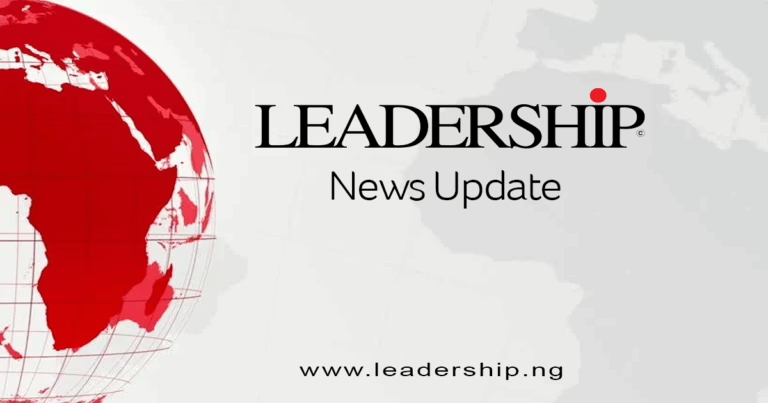Professor Amidu Olalekan Sanni has called for an expansion of opportunities traditionally available in public universities to also encompass private and faith-based higher education institutions.
Delivering the 111th inaugural lecture at Lagos State University, titled “The Odyssey of a Theorist in Arabic-Islamic Scholarship: The Pain, The Gain and The Twain,” Prof. Sanni emphasized this inclusive approach.
He highlighted that Nigeria’s university system is overseen by a single regulatory authority, the National Universities Commission (NUC), and that both public and private universities follow the same approved academic curricula.
This common framework, he noted, facilitates student transfers between universities and ensures that private institutions maintain comparable academic and ethical standards, enabling their graduates to compete effectively in the job market.
Prof. Sanni further advocated for the National Education Loan Fund (NELFUND) to be made accessible to students from both public and private universities, promoting broader educational financing options.
He also stressed the significant role academic staff in private universities play in enhancing Nigeria’s academic landscape and argued that they deserve access to financial and infrastructural support programs such as those provided by TETFund.
Drawing on recent data, Prof. Sanni pointed out that the Times Higher Education (THE) global rankings have consistently showcased the superior performance of private universities in Nigeria compared to many public institutions, including some of the country’s oldest universities.
“For instance, the 2025 rankings reveal that two private universities rank among the top five nationally, surpassing the University of Ibadan, which placed fourth,” he remarked.
As a Professor of African and Middle East Studies, he proposed that Arabic degree programs be modernized by integrating coding skills and interdisciplinary subjects.
He recommended incorporating online learning modules, certifications, business and youth-day-obajana/” title=”Dangote Cement Celebrates International … Day with Inspiring Events at Obajana”>leadership training, communication and teamwork skills, emotional intelligence, as well as public speaking and presentation techniques into the curriculum.
Prof. Sanni also suggested reviving the Diploma in Arabic and Islamic Studies previously offered by Lagos State University, which was discontinued following challenges with external affiliations and private Arabic centers, but should now be redesigned to meet contemporary demands.
He envisioned a collaborative effort between Lagos State University and other institutions to partner with organizations such as the Association of Arab Universities, the Organisation of Islamic Cooperation (OIC), ICESCO, and cultural foundations in the Arab world, alongside local benefactors, to establish full scholarships for Arabic degree programs combined with entrepreneurial and innovative skill sets.
Commending the Nigerian Federal Government’s efforts, Prof. Sanni praised the launch of the Nigerian Youth Academy (NIYA) on March 24, 2025, aimed at bridging the gap between youth and employment.
“This initiative seeks to equip every young person with at least two marketable skills within two years, targeting five million youths over five years. I recommend prioritizing National Youth Service Corps (NYSC) participants for formal sector training, while skilled artisans should benefit from programs tailored to the informal sector,” he explained.
In conclusion, Prof. Sanni urged for increased investment in educational infrastructure, research, and teaching resources to accommodate the growing population of young learners pursuing higher education. He cautioned that the unchecked establishment of new universities driven by political motives, rather than strengthening existing institutions, could hinder Nigeria’s developmental progress.

















